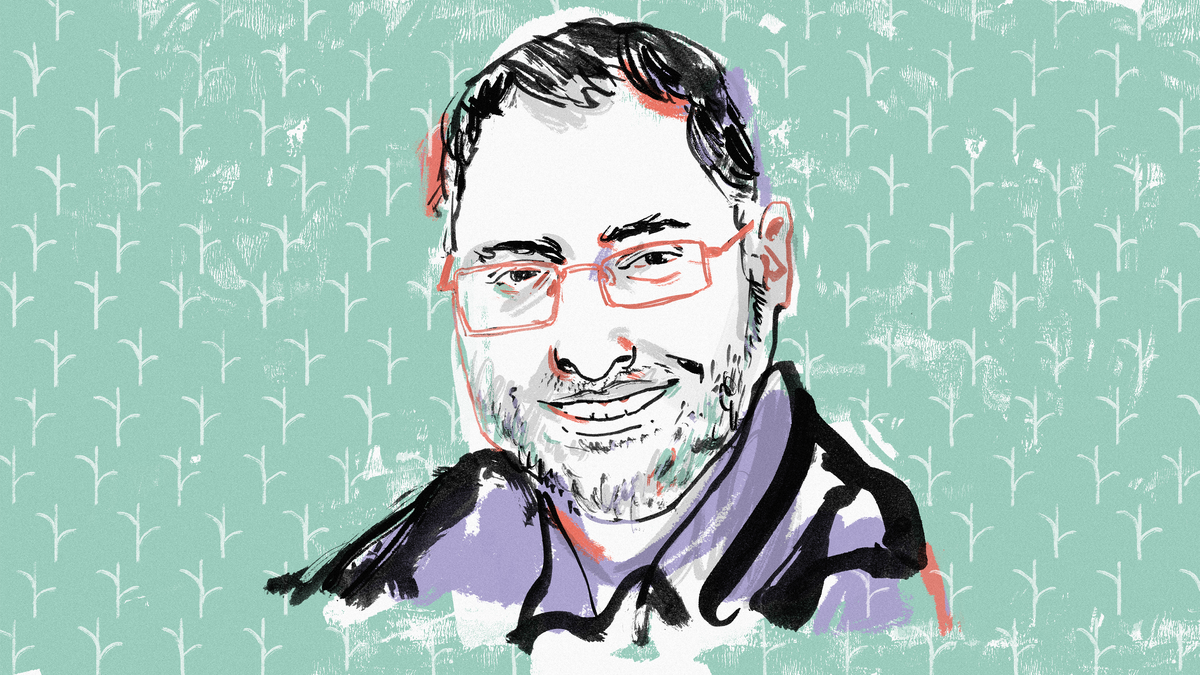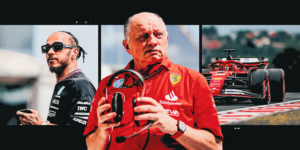
Organic farming is better for the soil. Craig Wichner proves it’s better for investors, too.
The demand for organic food is grow exponentially in North America. But even when grocers offer American farmers larger organic contracts, they can’t always say yes. To maintain soil health without pesticides, farmers typically rotate many crops between their fields. Rotating crops improve soil, but make scaling difficult.
“To get another 200 hectares of tomatoes, they have to buy another 1000 hectares of farmland,” says Craig Wichner, founder of Farmland LP. To say yes to a larger contract for one crop, organic farmers may have to find extra buyers for other crops as well. There are also barriers to going organic to begin with: Federal crop insurance incentivizes farmers to stick with one crop, and it takes three years to certify a field as USDA organic.
Wichner, whose family owned and operated multi-tenant apartment buildings, saw an analogue — and an opportunity — in commercial real estate. While companies like Chrysler once erected their own buildings, today commercial leasing helps businesses grow more flexibly. Wichner realized organic farmers could benefit from a similar business model.
Wichner grew up farming every summer, studied microbiology and then made a small fortune in biotechnology. After the birth of his daughter, he started looking for investments that could help the next generation. Then the financial crash of 2008 hit, and he narrowed his search: he wanted nothing to do with debt. Farmland ticked both boxes.
In 2009, he founded Farmland LP, a fund that provides turnkey organic farmland for farmers and an attractive ESG proposition for investors. Farmland LP buys climate-resistant land, gets it certified organic, selects profitable crops that work well for the soil, and picks up equipment. Then it leases fields to local farmers who want to increase production. The farmers change fields every year; rather than juggling multiple crops at once, they can specialize.
“They drive on a dirt road. They go left one year, they go right the next,” says Wichner. “They don’t have to worry about crop rotation. They don’t have to worry about organic certification. They only have to worry about being the best tomato farmer.”
Today, Farmland LP manages 16,000 acres and $275 million in funding. This year it announced an ambitious expansion: an additional $250 million fund. “We have proven the business case,” says Wichner. “We’ve proven that it works at scale.”
Rent (which reflects a percentage of farmers’ income) more than doubles after organic conversion, produce quality improves and investors see good returns. The farmers, adds Wichner, are also sold. “They want longer leases and more land,” he says. He hopes their success will encourage more investors to meet this demand. For the sake of the climate and the resilience of our food system, Wichner is honest. “I want people to copy us,” he says.
This story is part of Quartz’s Innovators List 2023a series that highlights the people who are deploying bold technologies and reimagining the way we do business for good around the world. Get the full list here.





